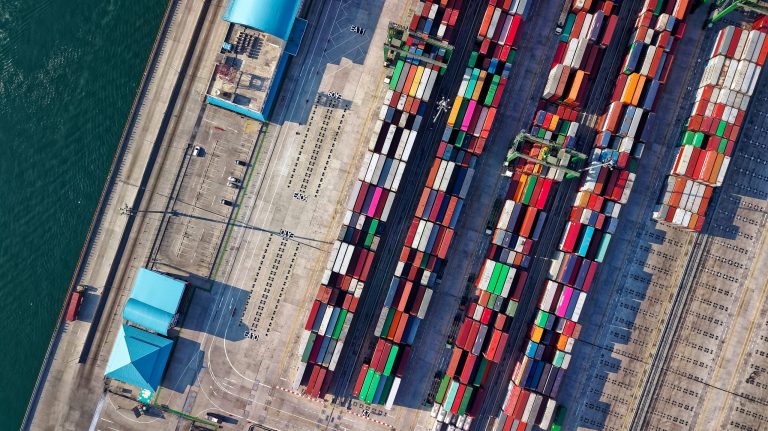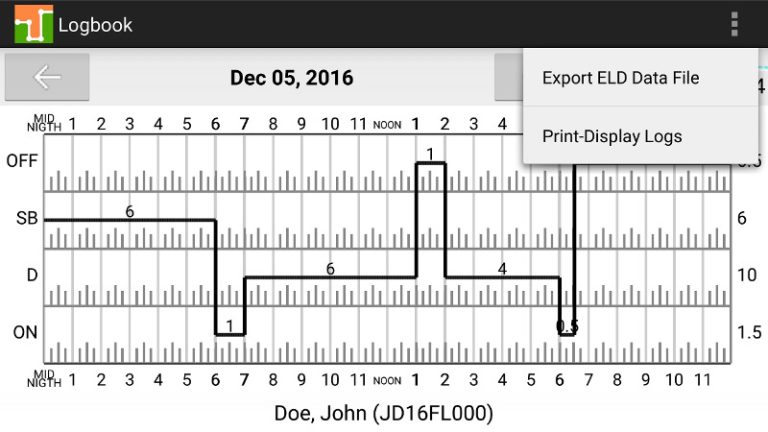Demystifying IFTA: A Comprehensive Guide to the International Fuel Tax Agreement
The world of trucking is filled with regulations and mandates designed to streamline operations across jurisdictions. Among the most significant of these is the International Fuel Tax Agreement (IFTA). While the IFTA is a pivotal part of the trucking industry, it’s often shrouded in misconceptions and complexities. Let’s unravel the layers of IFTA, shedding light on its intricacies, benefits, and nuances.
1. Introduction to IFTA
IFTA is an agreement between 48 U.S. states and 10 Canadian provinces, aiming to simplify the reporting of fuel use by motor carriers that operate in multiple jurisdictions. Instead of reporting fuel use to each individual state or province, carriers file a consolidated report in their base jurisdiction.
2. The Genesis of IFTA
Historical Challenges: Prior to IFTA, carriers had to obtain fuel permits from every state they operated in. This entailed a labyrinth of paperwork, escalating administrative burdens, and costs.
The Birth of a Solution: IFTA emerged as a beacon of simplification, allowing carriers to report and pay taxes on fuel consumed across states and provinces through a single, unified process.
3. How IFTA Works
- Unified Reporting: At its core, IFTA provides carriers with the convenience of a single quarterly fuel tax report, which delineates fuel consumption and tax due in each jurisdiction.
- Tax Calculation: The tax owed is based on the miles driven in each jurisdiction and the amount of fuel purchased and consumed.
- Payment and Refunds: If a carrier overpays in one jurisdiction due to fuel purchases but travels more miles in another jurisdiction, they may be eligible for a refund. Conversely, they may owe additional tax for miles traveled in states where less fuel was purchased.
4. Benefits of IFTA
- Streamlined Administration: With IFTA, carriers needn’t grapple with multiple tax filings, reducing the administrative maze and potential for errors.
- Cost Efficiency: Consolidated reporting translates to savings in terms of time and money, minimizing the need for multiple tax experts or specialized personnel.
- Enhanced Compliance: With a standardized reporting system, there’s a reduced risk of non-compliance due to oversight or ignorance.
5. Navigating IFTA Compliance
- License Acquisition: To commence IFTA reporting, carriers must first obtain an IFTA license and decals for their qualified vehicles. These licenses and decals are universally recognized across all IFTA jurisdictions.
- Maintaining Detailed Records: Accuracy is paramount in IFTA reporting. Carriers must meticulously track miles traveled and fuel purchased in each jurisdiction. Most turn to advanced software solutions for this purpose.
- Timely Reporting: IFTA reports are typically due on a quarterly basis. Late filings can lead to penalties and interest charges.
6. Common Misconceptions Surrounding IFTA
- One-Size-Fits-All: It’s erroneously believed that IFTA is the same for all carriers. In reality, specifics like tax rates and exemptions might vary based on the jurisdiction.
- IFTA as a Revenue Tool: Contrary to popular belief, IFTA isn’t designed to be a revenue-generating tool for states or provinces. Its primary objective is to ensure equitable distribution of tax revenue based on road usage.
7. Embracing Technology for IFTA Reporting
Modern advancements have led to the emergence of dedicated IFTA software solutions. These tools automate data collection, calculate tax owed or refunds due, and even generate ready-to-submit reports. Adopting such solutions not only ensures accuracy but also significantly reduces the time invested in IFTA reporting.
In Conclusion
IFTA, while initially appearing daunting, is a boon for carriers operating across multiple jurisdictions. By eliminating the need for individual state or provincial reporting, it’s a testament to the power of collaborative regulatory frameworks. As carriers navigate the world of IFTA, leveraging technology and staying informed will pave the way for seamless compliance and optimized operations.







